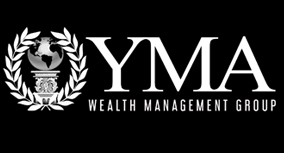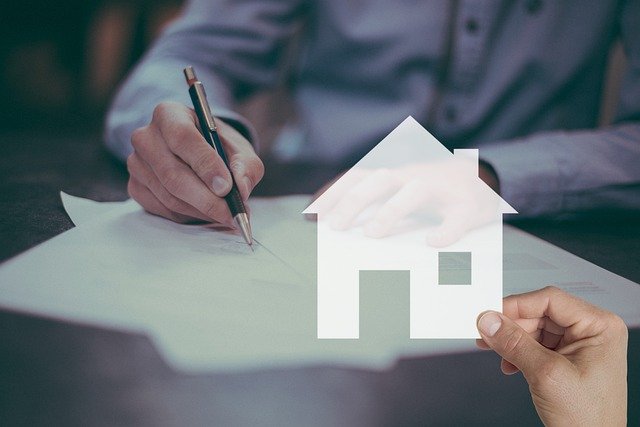Owning a home is an important decision that could have lifelong consequences. You should consider taxes when buying your very first house because they are complicated and stressful, but owning property brings tax advantages making you save more money than expected! Becoming a property owner is an exciting step in life that can also be overwhelming. You will find yourself with all sorts of tax obligations, but don’t worry – there’s plenty you’ll be able to take care off if only because being financially successful signifies your hard work!
In fact, becoming real estate rich could very well mean getting even more perks than anticipated; such as saving money on taxes for example…
Tax breaks
After purchasing a home, homeowners have access to numerous tax breaks. One of the most popular deductions is called itemizing and it allows you take advantage if certain items that are typically paid for in full with other income taxes such as mortgage interest payments or property values over $500k ($250K for properties valued under). There’s also incentives like avoiding capital gains tax on sales which apply only when an individual sells their house at profit within five years after buying.
Interest on your mortgage
A tax break is a great way to save money. The mortgage interest deduction allows homeowners in the US and abroad, including Canada (though not all lending institutions), take advantage of this by withholding their investment’s annual payments with few exceptions like when it reaches $5000 per year or exceeds 20% total equity used for purchase price – whichever occurs first before adjustment period ends on December 31st which ever comes last).
As long as you know how much was withheld from each borrower then there won’t be any problems at closing time; but just remember that if your lender doesn’t report them correctly then also include these amounts too! You can do so either through settlement statements provided during escrow approval process.
Taxes on the properties
When you buy a house, the taxes on it are often included. However if your new property has land or building charges that were paid with cash from someone else before they passed title to them in exchange for those payments being applied towards their sales price- then these expenses must also be referenced when calculating what percentage of gross receipts goes towards paying off mortgages and other loans secured by homes such as equity lines.
If there was an escrow account set up where all this money would go during closing so we could have access after moving into our forever home but now realize its been drained.
Paying for “points“
It’s true that you may have paid “points” at your closing. The amount of this charge will depend on the credit and how much space was purchased with it, but if you’re aware of what they are in advance then these discounts can help make up for some lost money by deducting them from taxes as interest so long as all other requirements are met- like being able to equate payments made through down payments or cash advances against loans used towards home purchases with points redeemed during closings.
Final thoughts
Buying a house is an immense endeavor, but there are many ways that it can be made easier. With all these tools in your possession and knowledge about taxation from previous jobs as well as current research for this course on real estate law – you’ll find yourself ready to become the proud homeowner of tomorrow!
Thanks for reading,
Rebecca Wallace – South Carolina’s Preferred Realtor
The Pyramid Group with Keller Williams

